In addition to Phil Lesh on bass and vocals (always a 'yikes'), there was the twin guitar attack of Warren Haynes and Jimmy Herring, keyboardist Rob Barraco and the terrific drummer, John Molo.
Of the post-Grateful Dead bands, Phil's are the ones I stayed most in touch with over the years, though even that tended to happen less and less as the 2000s wore on.
Like a lot of people, I first learned of Warren Haynes when he was in the Dickey Betts Band and on their album Pattern Disruptive, which was known for being a pretty aggressive, guitar-driven record. That was still a year or two before he showed up as Dickey's partner-in-crime in the reformed Allman Brothers Band, who he (mostly) stayed associated with until they split up for good in 2014.
There is a bit of a relentlessness in Warren Haynes's playing that I am told wears some people out. He's definitely an intense player, but I love it.
When the Quintet first formed in the late 90s I was really into the way they treated the Grateful Dead repertoire as a songbook to be interpreted, without being too precious about arrangements and Dead-isms. It helped me gain an understanding of just how sturdy the Dead's songs were, how they could hold up to reimagining. I actually enjoyed some of the splinter groups more than when the remaining living band members played together. There was, obviously, great music made by those bands, but I often struggled to get past what was missing. I did not have that same issue with the "solo" bands.
The Quintet had raw power. A lot of it was Warren, but John Molo on the drums was so important to their sound. He had the power and the finesse. In the version of Dylan's "All Along the Watchtower" from this show, he delivers an absolute master class during both the structured and more out sections. A bit jaw-dropping, really.
The word "finesse" cannot be used without a discussion of Jimmy Herring. As both a rhythm and lead player, Jimmy has taste. In abundance. I always felt bad for him when he played with Warren because, while they complement each other so well, Jimmy just does not do guitar theatrics the way his band mate does (even he seems to acknowledge this with his grins and laughs when he watches Warren solo).
Grateful Dead shows had a bit of a rigid formality to them: a first set consisting mostly of straightforward songs sandwiched between something hot to kick things off and something stretched out before the set break, to foreshadow the second set, which was usually where the real fireworks happened.
Phil & Friends never really abided by that script and therefore the shows had more of a true sense of "anything can happen" to them. For instance, at this show they were almost ten minutes of jamming into the first set before a song emerged, a solid half hour before they started another. I dig that.
Set II opened with something that came, in retrospect, to be called "Saturn" or "Saturn Jam", and which was revealed, a year later, to be part of a series of written instrumental themes that Phil wrote and the band performed throughout the Summer Tour in 2001. Phil told Relix Magazine in 2002:
We tried to do a thing last summer where, over 30 shows, at seven of them we played music sequenced to describe the teaching of the soul’s ascent through the planetary spheres after death.
There’s music for the moon, sun, Mercury, Venus, Mars, Jupiter and Saturn, the seven planets that were known to the ancients. We played this music as instrumental introductions to the second set in some cases and in some cases as interludes in the second set of the shows.
We wanted it to be subliminal. There are seven tarot trumps which relate directly to those spheres. Our light show had a circular projection surface and at each of the shows when were playing this music we had a version of the tarot trump appear in the circular frame. That was the only clue, really. That and the music itself being more or less clearly not improvised.
I certainly didn't notice at the time but going back to listen to the piece now, it is clear that it is composed. This second set had some soaring moments and "Saturn" is a terrific kick-off.
Another relentless soul is Willie Nelson, who made up the middle of the bill. The man just won't quit! I had never seen him before this show and had my expectations, whatever they were, completely surpassed. I did not expect a 33-song set. I did not expect Willie to be such a great lead guitar player. I did not really expect him to play "Whiskey River" twice but the two takes were separated by so much music it took me a while to confirm that had happened! Willie's set was a lesson in 20th century American music by someone who witnessed most of it being made in real-time.
Jorma Kaukonen is one of the artists that I have seen the most in my years of concert-going. All flavors: solo acoustic, with his own band. with Electric Hot Tuna and, as in this set, the Acoustic Hot Tuna duo with Jack Casady. I even saw Jorma once at what might best be called a "trade show" put on the old Relix Magazine when it was still somewhat of an underground rag sold at head shops. It was at the Roosevelt Hotel in New York City and Jorma played solo acoustic. I recall sitting on the floor, feet away from him. Another lifetime.
Watch this show on YouTube:
Then check out:
Dickey Betts Band - Pattern Disruptive
A fan-made mix of all of The Planet Jams from Summer 2001
Spotlight On episodes with Hot Tuna’s Jorma Kaukonen and Jack Casady


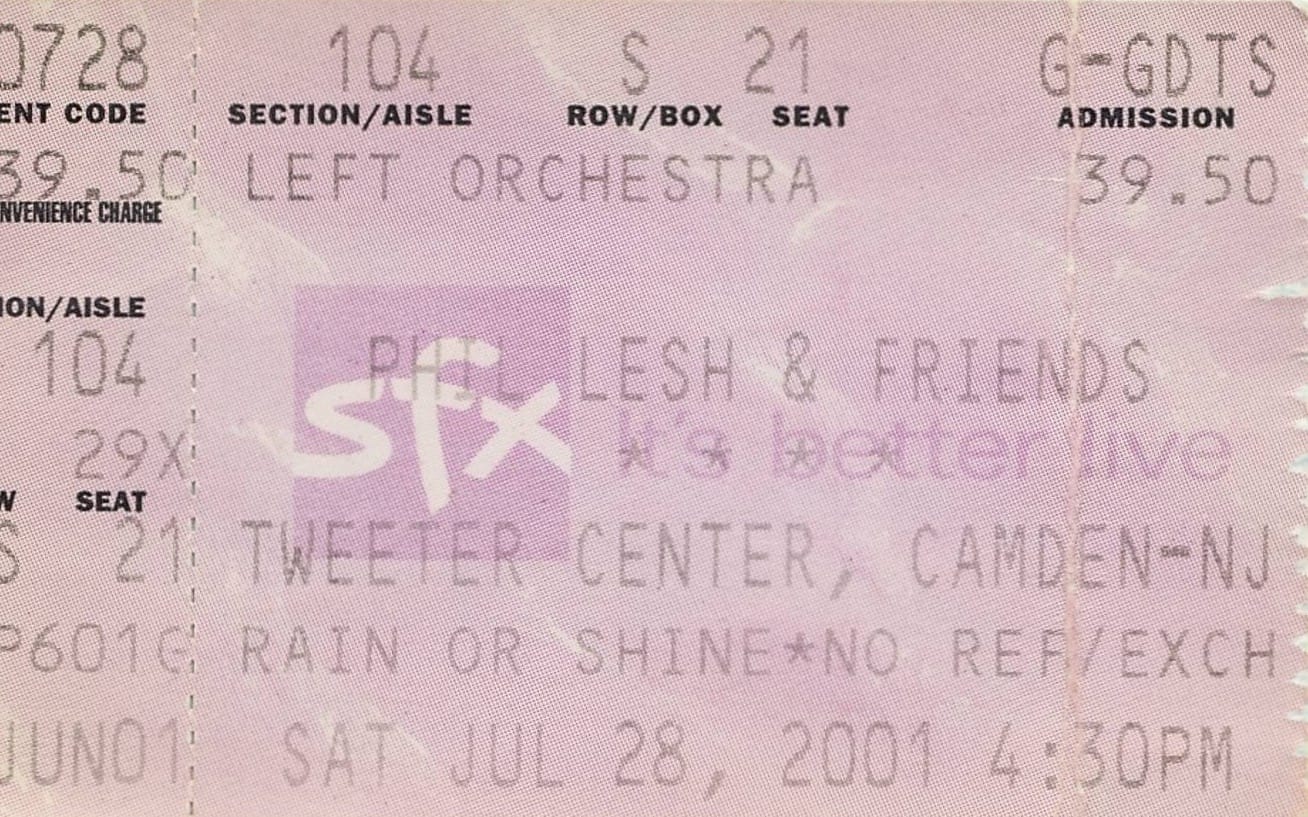
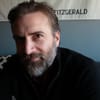
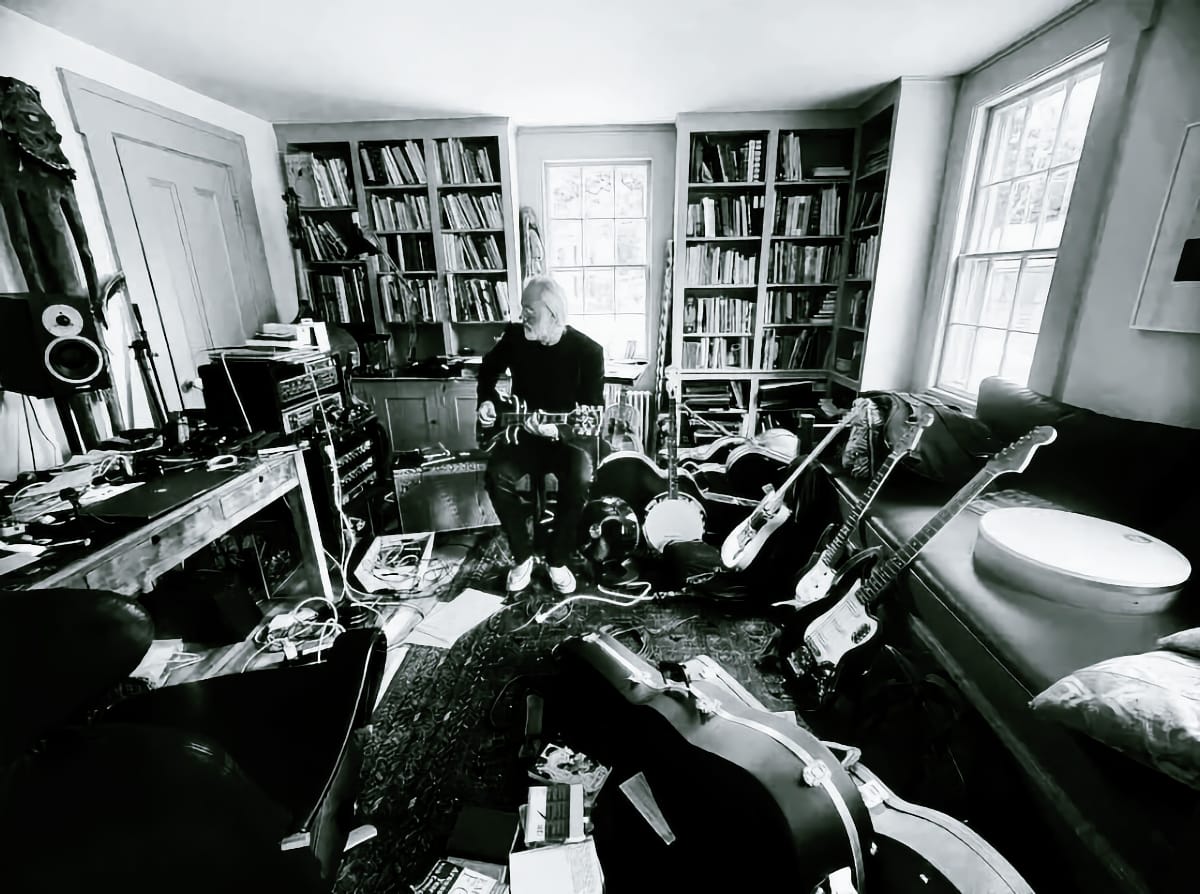
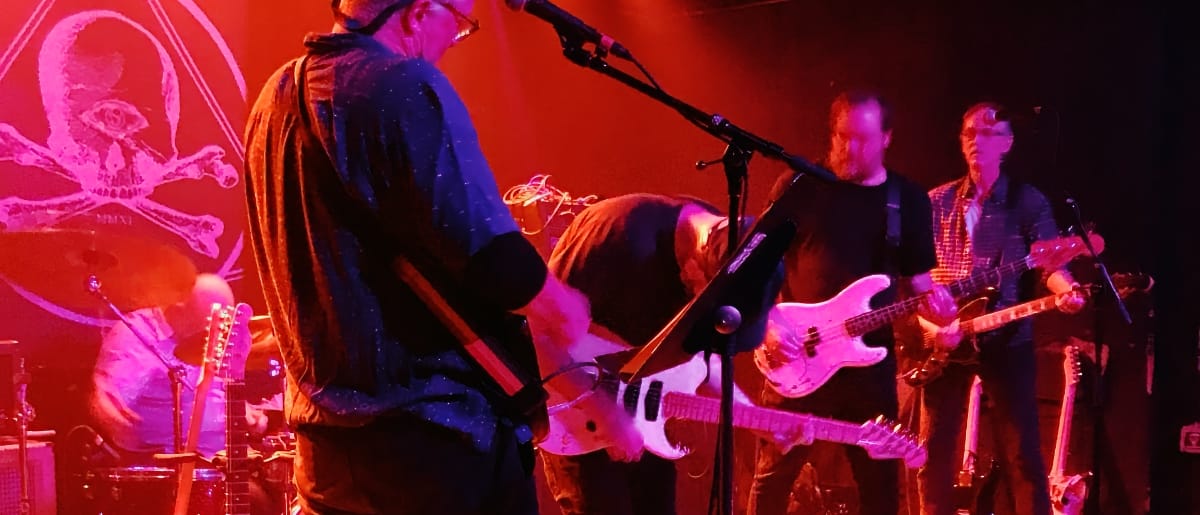
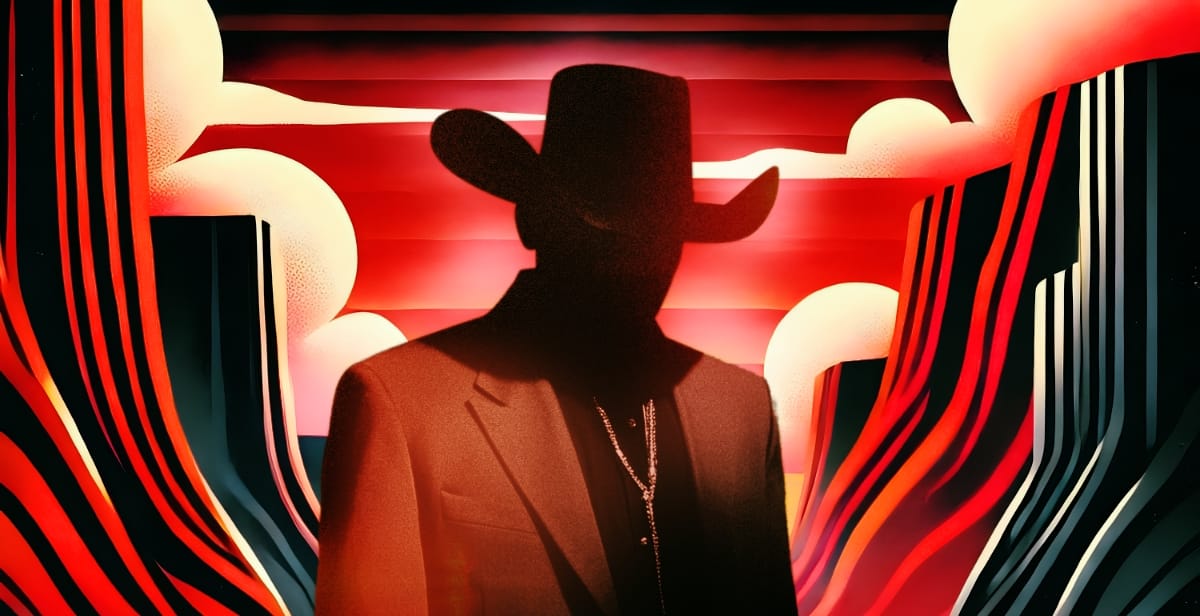
Comments